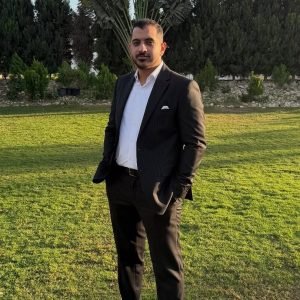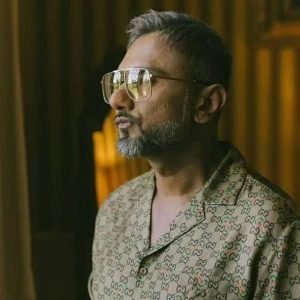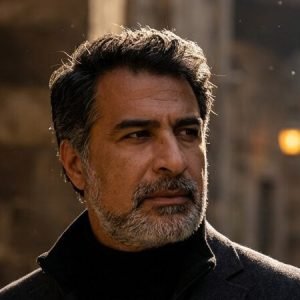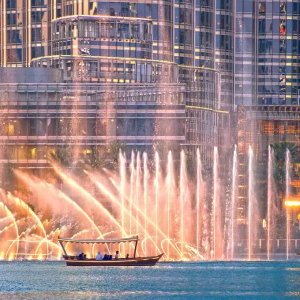In today’s complex world, peacekeeping has become more important than ever. As conflicts and unrest continue to shape many regions, countries around the world have taken on the responsibility of helping to maintain peace. One nation that has steadily risen to play a critical role in these global peacekeeping efforts is the United Arab Emirates (UAE). While the UAE may be known for its rapid development and modern cities, its commitment to peace, stability, and humanitarian work has also put it on the map as a significant contributor to global peace efforts.
This article explores how the UAE has become a key player in peacekeeping efforts worldwide, highlighting its role in humanitarian aid, conflict resolution, and support for international peace organizations. The UAE’s commitment to peace is rooted in its belief that a peaceful world benefits everyone, not just individual nations.
A Vision of Global Peace
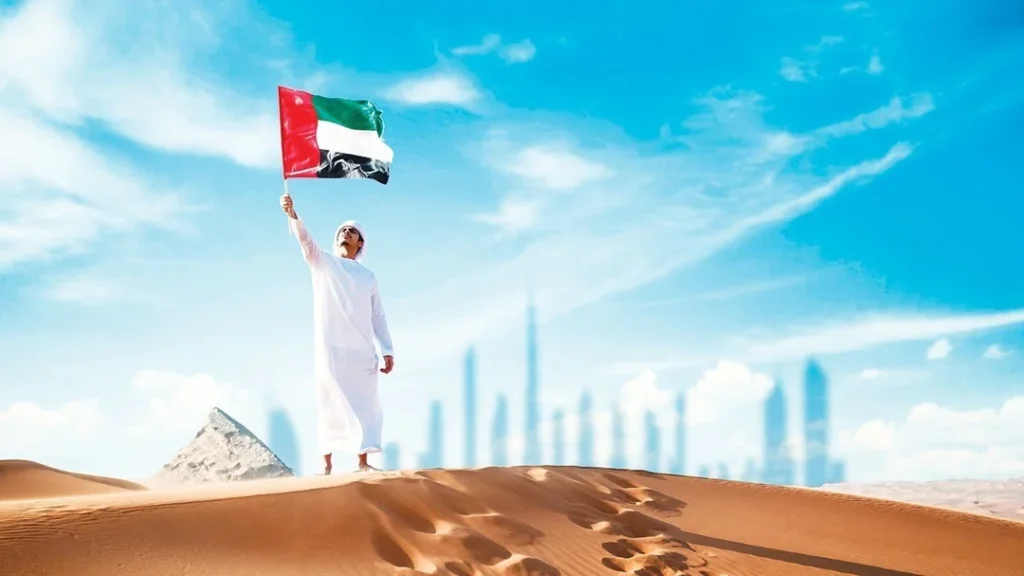
The UAE’s foreign policy is grounded in the idea of promoting peace and stability not only in the region but around the world. This vision stems from the leadership of the country, which has always emphasized the importance of diplomacy, cooperation, and humanitarian assistance.

The late Sheikh Zayed bin Sultan Al Nahyan, the founding father of the UAE, set the stage for the country’s involvement in international peacekeeping. His approach to foreign policy focused on non-interference in the internal affairs of other nations, while still offering help when needed. This tradition continues today under the leadership of the current president, Sheikh Khalifa bin Zayed Al Nahyan, and his successor, Crown Prince Mohammed bin Zayed Al Nahyan.
The UAE believes that peace is not just the absence of conflict, but the creation of conditions in which nations and people can live in harmony. As a result, the country has built strong partnerships with international organizations such as the United Nations (UN), the Arab League, and the Gulf Cooperation Council (GCC), all of which are vital players in global peace and security.

UAE’s Peacekeeping in Humanitarian Missions
One of the most significant ways the UAE contributes to global peacekeeping is through its humanitarian efforts. The UAE has been consistently ranked as one of the world’s most generous donors of humanitarian aid. Through organizations like the UAE Red Crescent and the Zayed Charitable and Humanitarian Foundation, the country has provided emergency relief to countries affected by conflict, natural disasters, and poverty.
In Yemen, for example, the UAE has played a key role in providing medical aid, food, and shelter to millions of people suffering due to the ongoing conflict. The UAE has also helped rebuild schools and hospitals in areas that have been devastated by war. These efforts are essential in restoring basic services and improving the quality of life for people who have lost everything.
The UAE’s humanitarian work is not limited to the Middle East. In 2018, the UAE sent humanitarian aid to the Philippines after Typhoon Mangkhut caused widespread destruction. The country has also provided relief to regions in Africa, Asia, and even Europe, further establishing itself as a global leader in peacekeeping through humanitarian support.
Military Contributions to Global Peace
While the UAE is a proponent of diplomacy, it has also shown its commitment to peacekeeping through military contributions. The UAE has a modern and well-trained military force that plays a role in peacekeeping missions and international security operations.
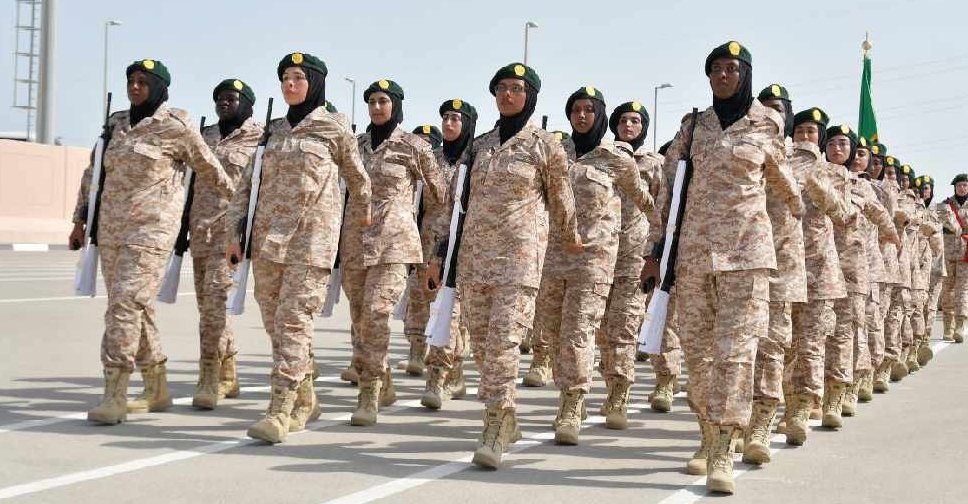
The UAE’s military forces have been involved in several international peacekeeping efforts, often working alongside other nations to restore stability to conflict zones. The UAE has participated in UN peacekeeping missions in countries like Afghanistan, Bosnia, and Kosovo, where its troops have helped maintain order and provide security.
In addition, the UAE has played a role in the fight against terrorism. It has contributed troops, funding, and logistical support to international coalitions working to combat extremist groups like ISIS. The UAE’s strategic location in the Gulf region gives it a unique vantage point in understanding the dynamics of Middle Eastern conflicts, and it has used its influence to support efforts aimed at countering terrorism.
Conflict Mediation and Diplomacy
In addition to military and humanitarian efforts, the UAE has been active in conflict mediation and diplomatic initiatives. The country’s leaders have worked tirelessly to mediate peace talks between conflicting parties, often serving as neutral facilitators in complex situations.
One example of the UAE’s diplomatic efforts is its involvement in the peace process between Eritrea and Ethiopia. In 2018, the UAE played a pivotal role in facilitating a historic peace agreement between the two countries after decades of conflict. The UAE’s involvement helped ease tensions and led to the restoration of diplomatic relations, which had been severed for nearly 20 years.
Similarly, the UAE has been involved in peace initiatives in Libya, where it has sought to bring opposing factions together to find a political solution to the country’s ongoing civil war. By offering a platform for dialogue and negotiation, the UAE has shown its commitment to promoting peaceful solutions to complex conflicts.
Strengthening Multilateral Cooperation
The UAE recognizes that no single country can solve the world’s problems on its own. This is why it places a strong emphasis on multilateral cooperation, working closely with international organizations, neighboring countries, and global powers to achieve peace.
The UAE is a founding member of the Gulf Cooperation Council (GCC), which includes Bahrain, Kuwait, Oman, Qatar, Saudi Arabia, and the UAE. The GCC has been instrumental in maintaining peace and stability in the Gulf region, and the UAE has used its position to strengthen this cooperation in areas such as economic development, security, and counterterrorism.
The UAE is also an active participant in the United Nations, contributing both diplomatically and financially to the organization’s peacekeeping efforts. Through the UN, the UAE has worked to address global challenges such as climate change, poverty, and armed conflict, all of which are interconnected with the broader goal of maintaining peace.
The UAE’s Soft Power Strategy
In addition to its hard power—such as military strength and humanitarian aid—the UAE has increasingly relied on “soft power” to enhance its influence on the global stage. Soft power refers to a country’s ability to shape the preferences of others through appeal and attraction rather than coercion.
The UAE’s cultural diplomacy is a key aspect of its soft power. The country has hosted numerous international conferences, forums, and events aimed at promoting peace and understanding. For instance, the UAE has been a leader in the promotion of interfaith dialogue, bringing together religious leaders from around the world to discuss common values and promote mutual respect.
The UAE has also invested heavily in education and research, establishing institutions like the Sheikh Mohammed bin Rashid Al Maktoum Foundation, which supports projects related to global development and peace. By promoting education, cultural exchange, and mutual understanding, the UAE is helping to foster a more peaceful and cooperative world.
Looking Ahead: The Future of UAE’s Peacekeeping Role
As the world continues to face challenges related to conflict, poverty, and inequality, the UAE’s role in global peacekeeping will only become more important. The country has demonstrated that it is willing to take action, whether through military interventions, humanitarian assistance, or diplomatic negotiations.
Looking ahead, the UAE aims to continue strengthening its partnerships with international organizations and contributing to global peacekeeping efforts. As it works towards achieving peace and stability, the UAE hopes to inspire other nations to follow its example of active involvement in global peace.
With a strong foundation in humanitarian work, diplomacy, and military contributions, the UAE is positioning itself as a key player in the pursuit of global peace—showing the world that even small nations can have a big impact on creating a safer, more stable world for all.
Also read: UAE Tourism Is Changing: What You Need to Know About New Luxury Spots




